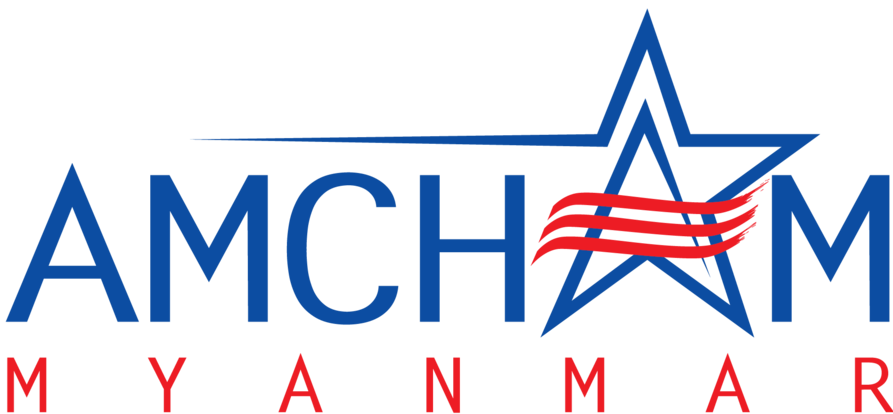-
Please join AMCHAM Myanmar and the International Food Policy Research Program (IFPRI) for a special briefing on the assessing the Impacts of COVID-19 on Myanmar’s economy. Their findings from their May 2020 report – Assessing the Impacts of the COVID-19 on Myanmar’s Economy -- are more relevant than ever as we approach what some have called the “second wave.” The policy measures taken by the Government of Myanmar to contain the transmission of COVID-19 are a necessary and appropriate response to the pandemic. In-depth analysis of policy measures of this magnitude on firms, households, government, and the economy as a whole is key to the design of policy interventions that can mitigate the economic losses and support a sustained and robust recovery. This presentation will feature expert scholars from IFPRI and will discuss key data points for you to consider going forward. You are invited to join us for this special briefing with lead researchers who studied the impacts of the COVID-19 outbreak in Myanmar and are ready to share the insights with AMCHAM members.Date and Time: Oct 7, 8 am to 9 amVenue: Zoom Webinar. A webinar link will be sent to you one day before the event.Cost: Free for AMCHAM Members. This event is open to members only.Booking deadline: Oct 6, 4 pmAbout the speakersDr. Xinshen DiaoXinshen Diao is the Deputy Division Director and a Senior Research Fellow in the Development Strategy and Governance Division of IFPRI. She is also a flagship leader for the CGIAR Research Program on Policies, Institutions, and Markets. Xinshen has extensive experience in managing large research programs and conducting research on economic development, agricultural policies, and regional trade integration and dynamics. In recent years, she has also focused on growth and poverty reduction analysis in Africa and Asia at country and regional levels. Xinshen has published more than 100 articles in peer-reviewed economic journals, IFPRI books and monographs, and external book chapters. Xinshen earned a B.A. and M.A. in economics from the Beijing Institute of Economics and a Ph.D. in applied economics from the University of Minnesota. Due to her outstanding achievements and impactful scholarly work, Xinshen also received the Distinguished Leadership Award for Internationals and the Outstanding Alumni Award from the University of Minnesota in 2018.Dr. Bart MintenBart Minten is a Senior Research Fellow in the Development Strategy and Governance Division of IFPRI. He also serves in the role of Program Leader for the Myanmar Strategy Support Program, where he directs the research, capacity building, and outreach and communication of IFPRI research related to food and agricultural issues in Myanmar. Bart also has held the position of Assistant Professor in the Department of Agricultural and Environmental Economics, KU Leuven, as well as teaching positions at Cornell University and the University of Antananarivo, Madagascar. Bart received his Ph.D. in Agricultural and Resource Economics from Cornell University.About International Food Policy and Research Institute (IFPRI)IFPRI is an international research organization, established in 1975 to identify and analyze alternative national and international strategies and policies for meeting food needs of the developing world on a sustainable basis. While the research effort is geared to the precise objective of contributing to the reduction of hunger and malnutrition, the factors involved are many and wide-ranging, requiring analysis of underlying processes and extending beyond a narrowly defined food sector. The Institute's research program reflects worldwide collaboration with governments and private and public institutions interested in increasing food production and improving the equity of its distribution. IFPRI is one of the 15 International Research Centers located throughout the world under the consortium of the Consultative Group on International Agricultural Research, which is funded by 40 donors including The World Bank and USAID.




